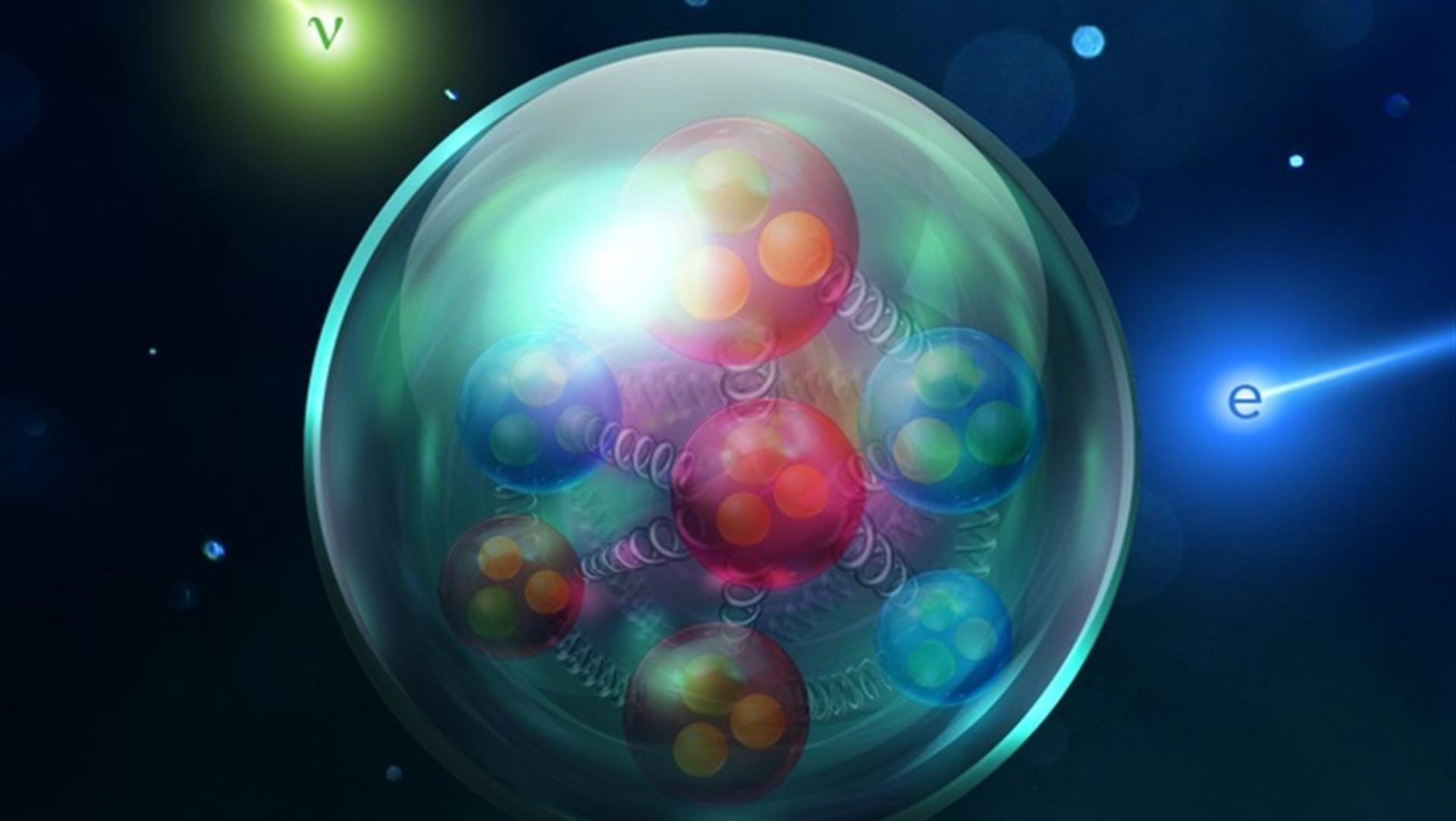Princeton Biology and Public Policy Professor Lee Silver describes a vision in which biotechnology has taken over the natural world—but in a responsible, sustainable way. “If you can imagine something,” he says, “it’s probably going to be done.”
Question: What is the potential of biotechnology for the distant future?
Lee Silver: I wrote my book, Remaking Eden in 1996, and I speculated about what technologies might be coming down the road. My speculations actually brought a lot of negative comments from other scientists who said you can't speculate, and that's all hyperbole, and we're never going to be able to do the things that you claim. One of the things that I claimed in 1996 was that we would have a complete sequence of the human genome by 2020. It turns out that we had that in 2003 and I think that's a proper way of looking at the entire field of biotechnology. It has gone forward so much faster than anybody could have possibly imagined, both in the sense that we [understood] it a lot quicker, and we have the tools to manipulate living things, and we have the computer technology that is essential to read and to write DNA, to read and write all of the different things that are going on inside cells. Biotechnology is really limitless.
If you can imagine something, it's probably going to be done. It doesn't break the laws of physics, it didn't actually write on a piece of paper something then we can do it. Let me tell you grand plan of Craig Venter, the bad boy of biotech is what he is called, because he is an entrepreneur and [he] challenged the government to sequence the human genome in three years for a 10th of the money the government was using, and it was a tie in the end. He made a lot of money and he wants to help the world, and I actually agree with his vision. This is the vision. What do we want as a people? We want to have renewable fuel. We want to be able to use energy that doesn't affect the environment, that doesn't affect the atmosphere in any way. We want to maintain wilderness so that we can maintain biodiversity, and that's for aesthetic reasons, it's not for utilitarian, it’s that we have a love for nature. Okay. That's the second thing. Then, we want to do this in an environmentally friendly way and in a way that's economic, and in a way that is sustainable. What Craig Venter would like to do ultimately, is create organisms, which look like trees, in fact they are trees, but instead of these organisms producing sap, the organisms would produce something like diesel fuel, or some other kind of source of energy. You would have a tree that's taking in the sunlight. The sunlight is converted directly into fuel. And I mean, diesel fuel isn't old fashion way of thinking, but that's what plants do is they convert sunlight into molecules that hold energy. That's where all of our fossil fuels come from. And then you have this system, and this is science fiction right now, but you have a system where you have a whole forest and under the ground the fuel-sap is being collected into pipes and coming out – and so the forest provides comfort to us. The fuel is completely carbon neutral, it's taking carbon out of the air, you put carbon back into the air. And you then take the fuel if its diesel fuel or any don't let cars run on it, you would put that into energy generating stations which create hydrogen fuel or some clean fuel.
So all of this is dependent on biotechnology. It's dependent on saying, we have manipulated the earth, and we've been doing this for 10,000 years. This is not something that started in the 20th century. If we look at the European landscape, there is nothing in Europe that is natural. And there's nothing that's been natural in Europe for hundreds of years. If you go across France you see these pleasant meadows, and fields of grain, and cow, and a few clumps of trees here and there. And none of that's natural. The natural European landscape was covered in Evergreen Forests. They were all cut down to have agriculture and what is growing there now is not natural. And so the notion that natural is false. And you might like it, it might be pretty, but it's not natural, it's human created. So if humans have done that, and humans have done worse things to the world, my feeling is why not take over? Why not say, okay we've manipulated the plants so let’s put together systems that will sustain human life, provide food, let's use biotechnology to the greatest extent possible, let's make sure that we don't do things that harm people. That’s easier than it sounds. And I think that would be an ideal world.
Recorded on: September 11, 2009
Image courtesy of Shutterstock.





